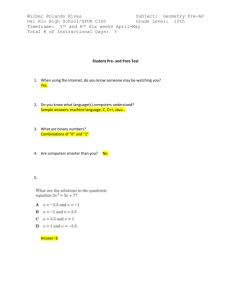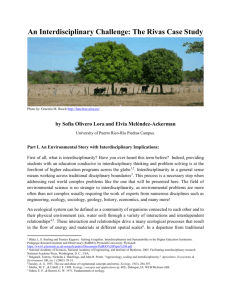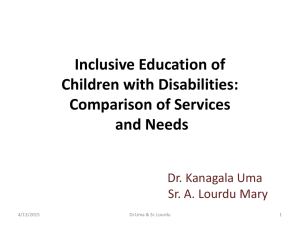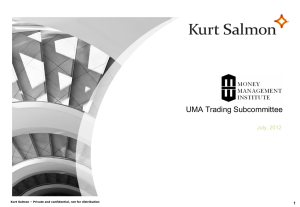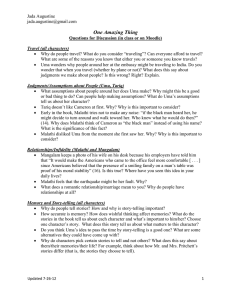COMPETENCIAS DE FORMACIÓN DEL PROFESORADO
advertisement
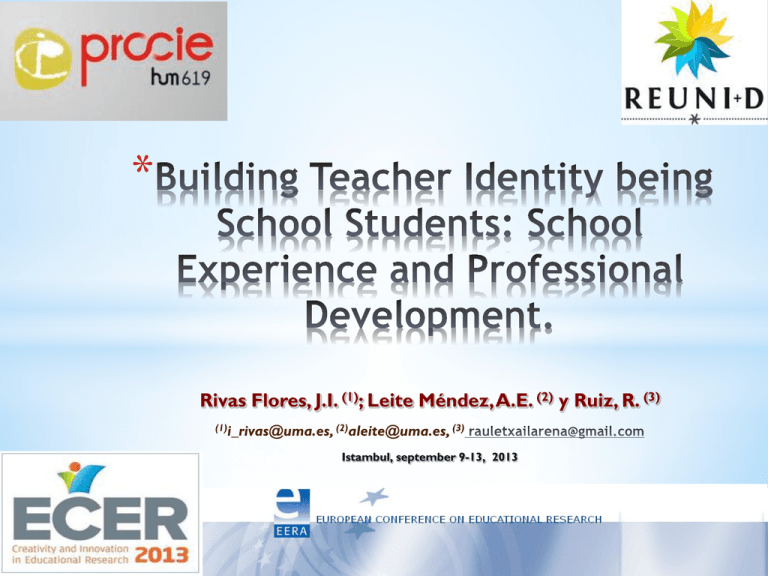
* Rivas Flores, J.I. (1); Leite Méndez, A.E. (2) y Ruiz, R. (3) (1)i_rivas@uma.es, (2)aleite@uma.es, (3) Istambul, september 9-13, 2013 * Previous School Experience * * Space Time IDENTITY LIKE NARRATIVE Culture OUTCOMES School experiences routines Idealization of teacher Evaluation as continued practice in school Authority, discipline and order “I have always loved children” - It highlights issues that represent socially accepted and respected values . - Strong empathy with some teachers. - Emphasis on Children as work object. Priority of School Tasks - Routines define the activity of teaching - Emphasis on methodological and curricular issues - Strong structuring of space, time and school relationships - They establish what is learned and for what Absences: - Participation of families and community - Gender or interculturalism issues. Evaluation: “our daily bread” - It sets the value and significance of the task - It creates learning fiction - It involves the classification, control and hierarchy - It sets the conditions for participation “Order is required to teach” - The order is an end in itself - It sets the authority in the classroom - It promotes the culture of cheating and appearance - The purpose is the "good behaviour" - It is a feature of “good teaching” DISCUSSION - The teaching profession is seen as "a job" (set, static and valid for all contexts and subjects) - Teacher's identity is strongly focused on the tasks - Loss of perspective "Redemptorist" of modernity - The whole experience is a structured and regulated activity - Patrimonialistic perspective of the school (for the loss of political value and the lack of other actors) - This way of classroom organization sets out learning processes: - what is learned and for what. - The task for the task itself, the effort for the effort ... - These tasks are attractive to students. - Order is necessary for making tasks - Marks are needed to value the task - The neoliberal moral is becoming part of teacher professional model of teacher students (value of the results above all things / short-termism ...) CHALLENGES - Involve teacher student in experiences of educational change (alternative models) - Change the educational experience in College - Take into consideration the professional knowledge that they bring - Break the individualistic perspective of teachers - Give value to the democratic, collaborative and inclusive institutional perspective - Integrate Teacher Training in school: building bridges between institutions (University / School / Teacher Centers / ...) - And many more ... THANK YOU *Rivas Flores, J.I. (1); Leite Méndez, A.E. (2) y Ruiz, R. (3) (1)i_rivas@uma.es, (2)aleite@uma.es, (3)
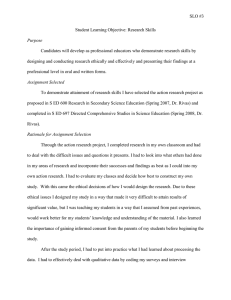

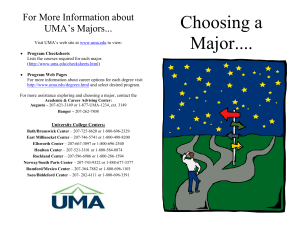
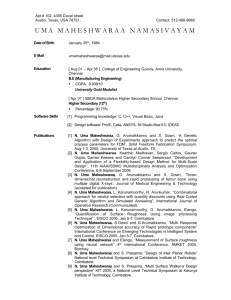
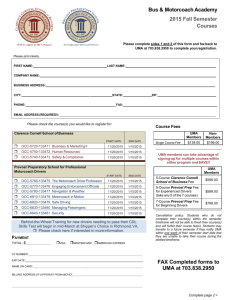

![[#OPENAM-5786] Creating an UMA resource in the AS sends an](http://s3.studylib.net/store/data/007439261_1-e7093a72302ade08705dcf0624483b83-300x300.png)
